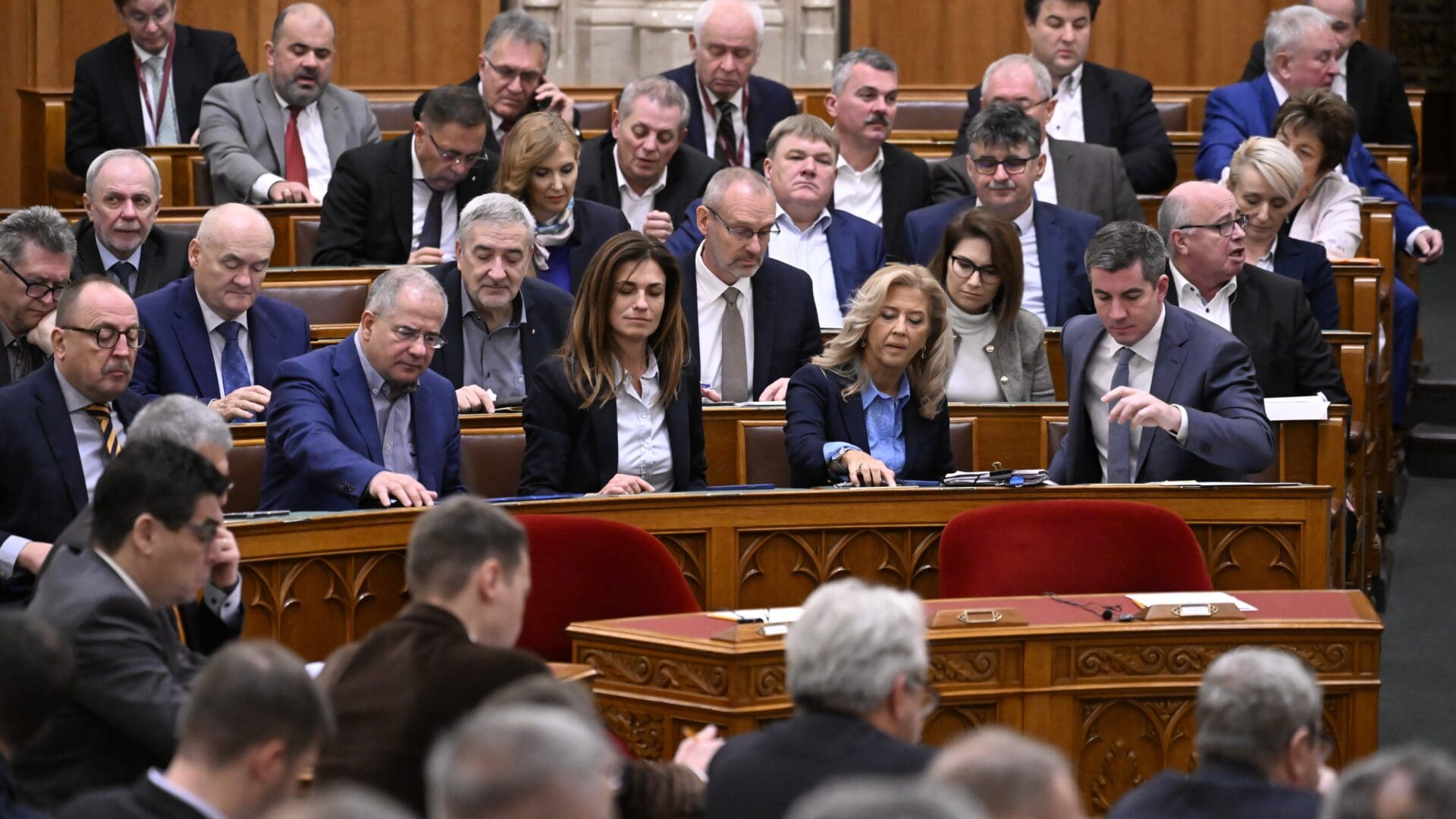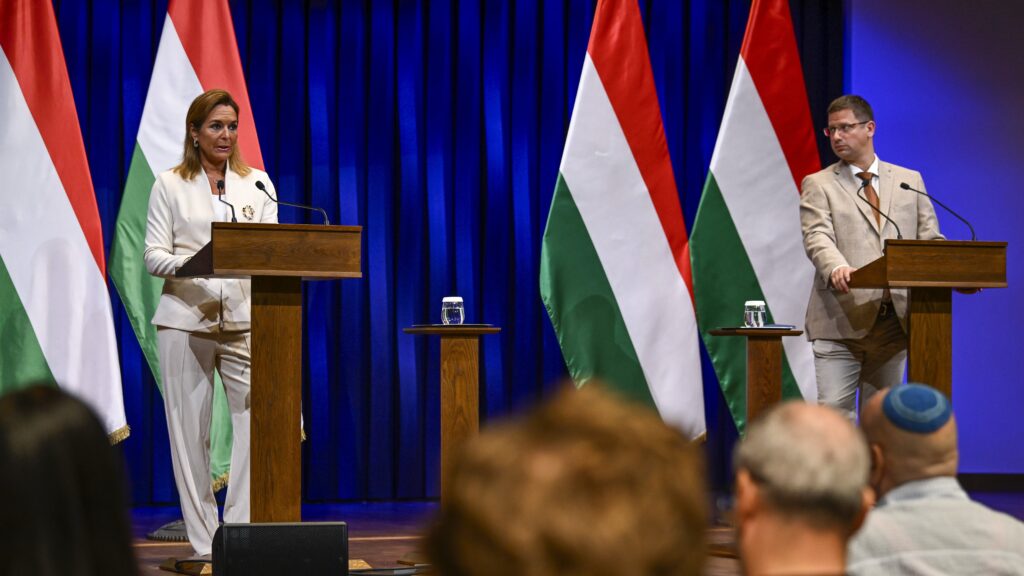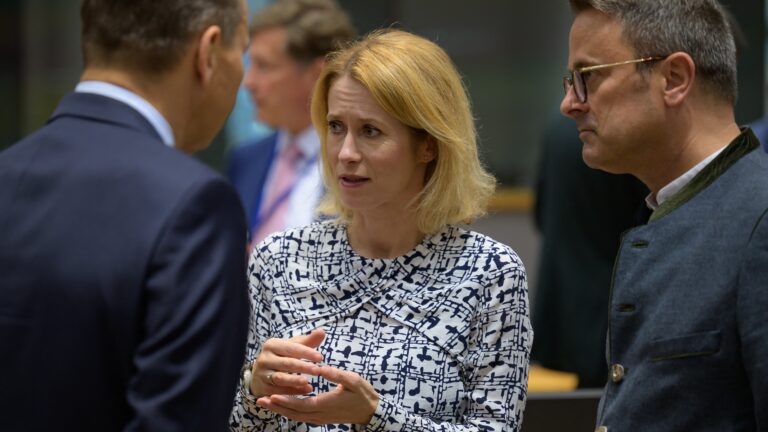Revisiting the lessons of the 2022 parliamentary elections, the primary Hungarian governing party, Fidesz, submitted draft legislation on the safeguarding of national sovereignty to parliament on 21 November.
Elections Manipulated?
As Hungarian Conservative previously reported, Budapest Mayor Gergely Karácsony’s 99 Movement received over 650 million HUF (c. 2 million USD) in funding, mostly after they went inactive with the Budapest Mayor dropping out of the primary race for prime minister. The organization claims that the bulk of its revenue came from ‘microdonations’ collected in cash in drop-boxes at live events. However, even opposition media admit that this is more than unrealistic given the large sum, and the fact that much of it came in foreign currencies.
Furthermore, in addition to various other instances, the prime ministerial candidate of the unified opposition openly stated that they received millions of US dollars from the United States of America during the election campaign.
Establishing the Special Committee for foreign interference in all democratic processes in the EU, including disinformation (INGE), serves as a definitive message—an unmistakable warning directed at all external forces endeavouring to meddle in the democratic institutions and procedures of the EU and its individual Member States. The larger governing party is now working on Hungary-specific solutions for the same reasons that the European Parliament set up its own internal committee (INGE).
Even as the debate has only just commenced, it’s evident that a standout accomplishment of the bill—a document comprising nearly forty sections integrating an amendment of the Hungarian Criminal Code—will be the establishment of a brand new authority.
The Sovereignty Protection Office will operate independently from all Hungarian constitutional bodies. Its primary objective will involve identifying and probing actions related to disinformation and attempts to influence the decision-making processes of the state and society on behalf of foreign nations, bodies, or organizations. Additionally, it will scrutinize entities whose activities, funded from abroad, aim to sway elections or manipulate the preferences of voters.
The Office may raise alarms if the revealed activities pose a potential risk or encroachment upon Hungary’s sovereignty.
Foundational Principles of Sovereignty Protection Office Rooted in Constitutional Identity
While the INGE Committee of the European Parliament was established for reasons akin to Fidesz’s proposal for the creation of the Sovereignty Protection Office, it is evident that a European Parliament committee, by its inherent nature, lacks the capability to fulfil the duties required to safeguard Hungarian constitutional identity.
Hence, the establishment of the Sovereignty Protection Office draws inspiration from various sources, notably the precedents set by the Constitutional Court. The interrelation between human dignity of the individual and the society at large serves as the foundational basis upon which the rationale is constructed. The traditional social environment of the individual, as a natural bond determined by birth, defines not only the development of one’s personality but also the direction and framework of his self-identity, and as such, must be assessed in terms of the quality of human life and, accordingly, human dignity.
This means that, on the one hand, the state must refrain from interfering in the formation of the individual’s identity, and on the other hand—as part of its duty to protect the institution—it must ensure that no act of an institution or organization other than a Hungarian state body can engage in interference which the state itself is obliged to refrain from—argues the Hungarian Constitutional Court.
The reasoning goes on to state that it is indisputable that self-identity can be changed in the context of individual self-determination. However, if the content of self-identity is altered artificially and undemocratically, whether by the State or by an organisation outside the State, this may infringe both the self-identity of the individual and his or her self-determination to alter it.
And this is where national identity comes in: the traditional social environment that an individual is born into and is independent of him or her shapes the self-determination of the individual, and the self-determination of the individuals who make up the society creates and then shapes the collective identity—the identity of the community, the nation.
‘Mega Whistleblower Office’
The Office doesn’t wield broad public authority powers; its primary tool is the obligation of organizations such as NGOs, parties and foundations to disclose information about their operation; at the same time, the Office must always act in accordance with the relevant data protection regulations. Information gathered is then analysed by the Office, which will pursue necessary actions, such as criminal prosecution, upon detecting any illegal patterns.
The proposed changes to the Hungarian Criminal Code introduce a fresh offense labelled as ’illegal influencing of the electorate’s will.’
This would mean that individuals who utilize forbidden foreign assistance or, in an attempt to bypass this restriction, leverage financial benefits stemming from an agreement masking the origin of such prohibited aid, may face a criminal charge carrying a penalty of up to three years of imprisonment.
While the Hungarian left-leaning narrative, and possibly soon the international one—here’s one piece from The Guardian— paints this legislation as Fidesz’s threat to opposition parties, journalists, and civilians, the definition of ’prohibited’ foreign funding is not outlined by an authority or the Hungarian Government. In truth, it’s defined by two existing laws—the legislation concerning the functioning and administration of political parties and the law governing electoral procedures.
Although the Office is anticipated to seek assistance from other pertinent public entities, the Sovereignty Protection Office will have its own ‘in-house’ think tank.
This think tank will be responsible for scrutinizing measures adopted by other nations to protect sovereignty, conducting comparative legal research, arranging conferences, and offering recommendations to the Government.








